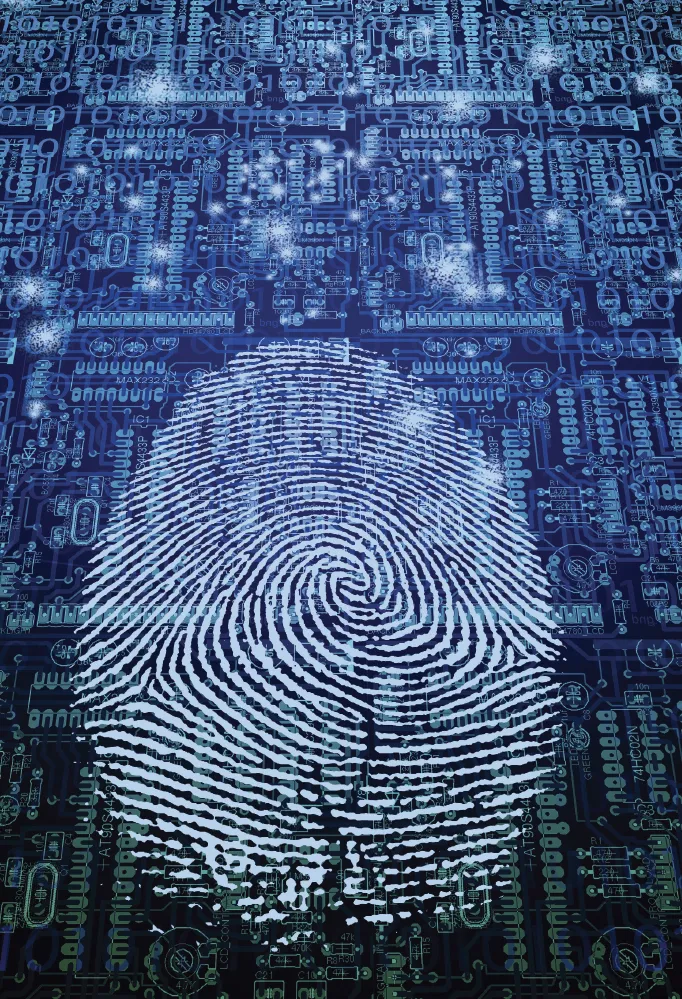
The 5th Annual Maryland Cybersecurity Center (MC2) Symposium will feature presentations covering the latest trends in cybersecurity research, education, and innovation by faculty and students in MC2. Topics will range from how vulnerabilities in Android code have enabled real-world privacy leaks to a detailed overview of a unique hacking competition.
“Our annual symposium informs regional leaders in cybersecurity about the wealth of activities occurring on campus,” says Jonathan Katz, a professor of computer science and director of MC2. “It also allows members of industry and government to network with the fabulous faculty and students we have in MC2.”
The keynote address will be given by Daniel Ennis, executive director of the University of Maryland Cyber Initiative and a senior fellow at the Center for International and Security Studies at the University of Maryland. He is also CEO of DRE Consulting. In these roles, Ennis leverages more than 36 years of U.S. government service, principally with the National Security Agency.
Prior to his retirement from the NSA, Ennis was director of the Agency’s Threat Operations Center, which is responsible for around-the-clock efforts to discover, characterize, and proactively counter cyber threats to U.S. national-security systems and other networks of interest, all while protecting the legal rights of U.S. persons.
Faculty members of MC2 who will speak include:
- Michelle Mazurek, an assistant professor of computer science with appointments in MC2 and the University of Maryland Institute for Advanced Computer Studies (UMIACS), will discuss a paper she co-authored titled “You Get Where You’re Looking For: The Impact of Information Sources on Code Security.” This work focuses on how vulnerabilities in Android code have enabled real-world privacy leaks. By surveying a number of app developers, Mazurek and her team have for the first time systematically analyzed how their use of information resources impacts the security of their code.
- Michael Hicks, a professor of computer science with appointments in MC2 and UMIACS, will discuss a paper he co-authored titled “Build It, Break It, Fix It: Contesting Secure Development.” In that paper, Hicks describes a contest he and colleagues run that aims to teach the latest skills in writing, implementing and de-bugging software programs by challenging competitors to not only hack into a competitor’s system, but also to build a secure system that can fend off attacks.
The event will also feature a student poster session, a networking reception, and a panel of students and industry partners speaking about the Advanced Cybersecurity Experience for Students (ACES) program.
The symposium will be held on Dec. 5 at the Samuel Riggs IV Alumni Center on the UMD campus. For more information or to register, please see: http://cyber.umd.edu/events/2016-symposium.
The Maryland Cybersecurity Center is supported by the College of Computer, Mathematical, and Natural Sciences and the A. James Clark School of Engineering. It is one of 16 centers and laboratories in UMIACS.
—Story by Melissa Brachfeld